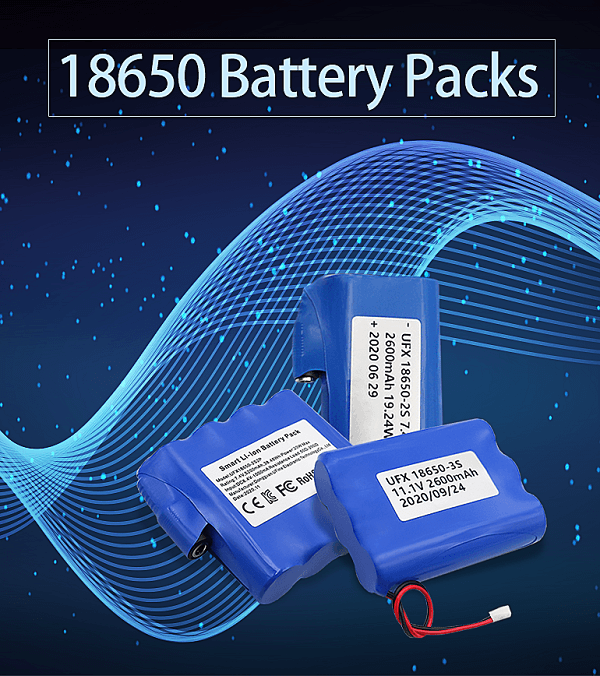The working principle of the vacuum cleaner is to use a motor to drive the blades to rotate at a high speed, and negative air pressure appears in the sealed casing to absorb dust. The cordless vacuum cleaner can complete the vacuuming work without a power cord. Just like a mobile phone, it uses the built-in battery to keep the machine running. There is no need to look for power everywhere, let alone worry about the baby at home being tripped by the wire.

Cordless vacuum cleaners generally use power lithium-ion batteries, which are composed of several 18650 lithium-ion batteries in series and parallel to form a lithium-ion battery pack. The lithium-ion battery protection board has protection functions such as over-charge, over-discharge, over-current, and short circuit. Give full play to the safety and stability of the power lithium-ion battery pack. It can work continuously for up to 2040 minutes on a single charge.
The advantages of power lithium-ion batteries are large energy density, small size, light weight, and long cycle life, which meets the needs of the vacuum cleaner for light appearance, convenient operation and long battery life; it prevents the embarrassment of vacuuming once and charging multiple times. For families with large areas and high cleaning difficulties, cordless vacuum cleaners use power lithium-ion batteries to easily complete cleaning tasks.
Lithium-ion battery material: lithium metal or lithium alloy as negative electrode material
Electrolyte: non-aqueous electrolyte solution battery
Lithium ion batteries can also be divided into: lithium ion batteries, lithium metal batteries
Because of the difference in materials and electrolytes, industrial vacuum cleaners use less and less lead-acid batteries and begin to use lithium-ion batteries as a power source.
The advantages of lithium-ion batteries are mainly reflected in light weight and long service life.
Lead-acid batteries weigh tens to hundreds of kilograms, so they are a heavy load for equipment. The lithium ion battery is different.
Industrial vacuum cleaners with lead-acid batteries should be charged for a controlled period of time during use, and should not be too long, and should not be over-discharged during operation. If the battery is used for too long, the service life of the battery will be greatly reduced. In this regard, the service life of lead-acid batteries is far less than that of lithium-ion batteries.


